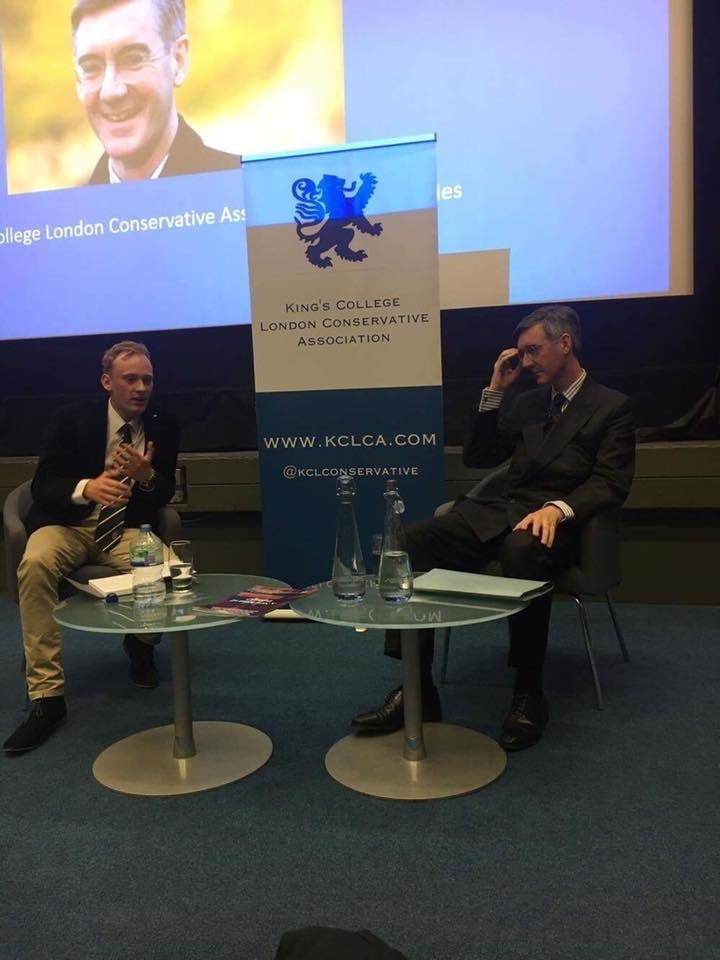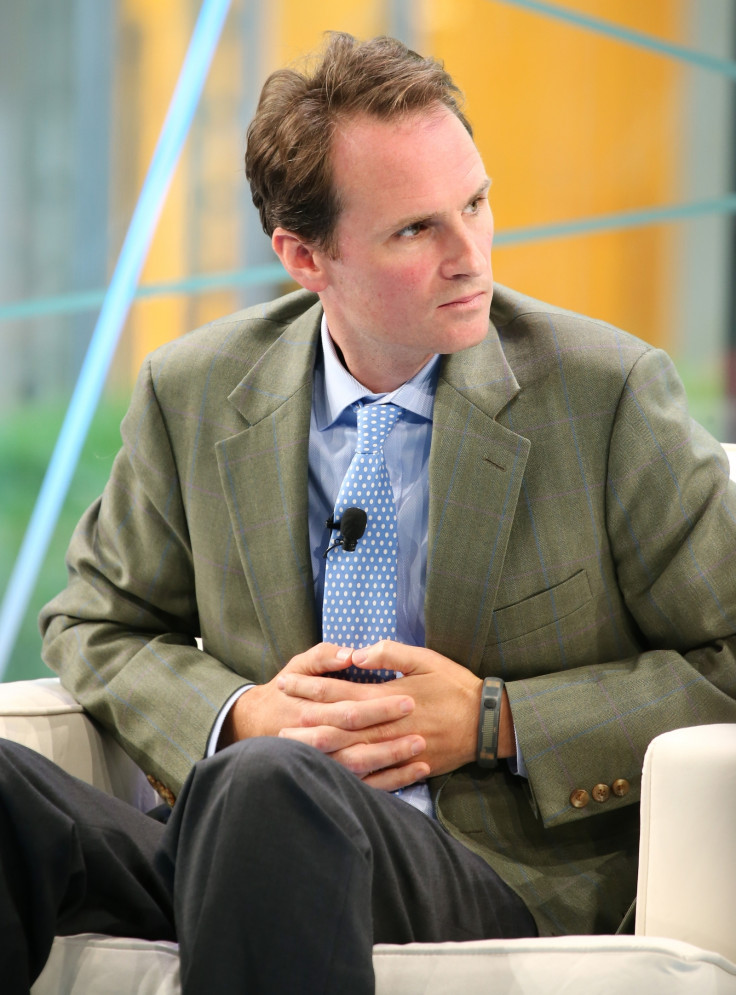Ex-Harvard dean calls for 'brave spaces' at universities to protect free speech
John Palfrey said students should be free to express their views without fear of offending the "snowflakes."

A former Harvard academic is calling for "brave spaces" to be introduced at universities where students can express controversial views freely.
John Palfrey, the former vice-dean of Harvard Law School, said these spaces would allow students to air their views without fear of offending "snowflakes."
Safe spaces intended to protect the feelings of sensitive students have become increasingly common on university campuses worldwide. Critics say such spaces stifle free speech.
Palfrey's proposal comes less than a month after King's College London (KCL) started employing "safe space marshals" to monitor university events that could cause controversy.

Earlier this month, several marshals were deployed to oversee a talk at KCL attended by Tory MP Jacob Rees-Mogg, who opposes abortion and same-sex marriage, on 18 October. The appearance of marshals at the event was mocked by many KCL students.
"I know that without the five Safe Space Marshals working tirelessly, I definitely couldn't have listened to Jacob Rees-Mogg without having my feelings seriously hurt. Definitely not a waste of paper, manpower or our money!" Jack Emsley, editor of The 1828, the Conservative Association Journal, wrote on Facebook.
Palfrey, who has written the book 'Safe Spaces Brave Spaces', told The Times that diversity and free speech are being pitted against each other on university campuses.
"People sit in one or other camp but it's unproductive for our children and for democracy. Both diversity and freedom of speech are important," he said."Diversity and free expression ought to co-exist. And yet, in recent years, a false choice has been served up: you are either for diversity, equity, and inclusion in our communities or you are for free expression. The strength of our democracy depends on a commitment to upholding both."
His proposal has been welcomed by British academics who say that it could encourage debate among students who hold opposing views.
Sir Anthony Seldon, vice-chancellor of Buckingham University, said: "Brave spaces could be the solution that brings together sensible people of goodwill from both sides. The whole debate has become very polarised and damaging to the perception of higher education. This is a clear way forward that should detoxify and take the steam out of the situation."
Universities minister Jo Johnson has warned that colleges and institutions could be blacklisted if freedom of speech is stifled.
"I know there is good practice out there, and am proud that some of our university leaders and academics have publicly defended free speech. But there are still examples of censorship where groups have sought to stifle those who do not agree with them," he said.






















